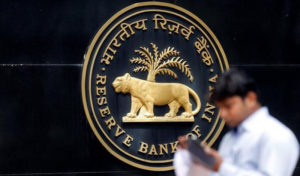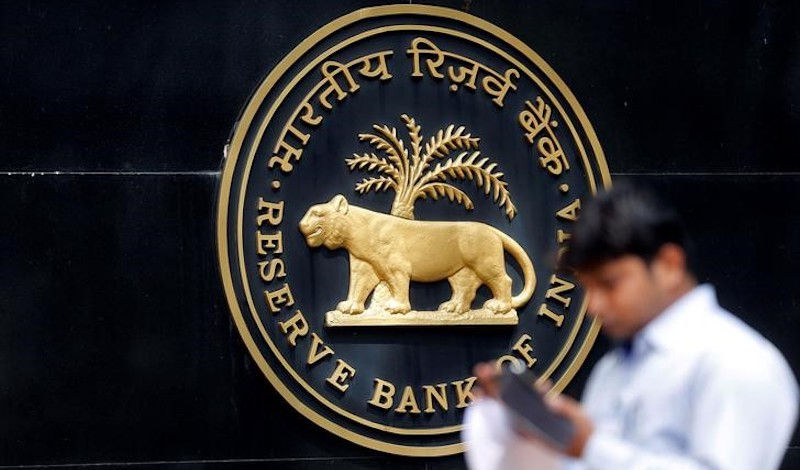 HIGHLIGHTS:
HIGHLIGHTS:
The RBI will be issuing new directives for PPIs like mobile wallets
The directives will include interoperability between PPIs
These directives will be implemented in six months from October 11
The RBI on Wednesday made a statement about its updated directions for prepaid instruments (PPIs) such as mobile wallets, and said that it will pave the way for interoperability between KYC-compliant PPIs, which shall be implemented within six months of the issuance of the revised directions – which will be issued on October 11. We’ll know more about how this will work next week but it appears that you might be able to take money from one wallet, and use it in another one, six months from now.
Master Directions on Prepaid Payment Instruments (PPIs) – The Reserve Bank had issued guidelines for issuance and operations of prepaid payment instruments (PPIs) in April 2009 in order to foster an orderly development of the PPI ecosystem. In the light of the experience gained, a draft of Master Directions on the subject was placed in the public domain for comments on March 20, 2017. The feedback received has been examined and it has been decided to rationalise the operational guidelines with a view to encouraging competition and innovation, and strengthening safety and security of operations, besides improving customer grievance redressal mechanisms. In line with the Vision for Payment and Settlement Systems in the country, the revised framework will pave the way for bringing inter-operability into usage of PPIs. Inter-operability amongst KYC compliant PPIs shall be implemented within six months of the date of issuance of the revised Master Directions, which will be issued within a week, i.e., by October 11, 2017.
This is a pretty significant announcement as it takes away one of the big pain points with wallets, for customers – the proliferation of wallets that are needed for just one task. Right now, you need balance in your Paytm account to pay for Uber rides, and if you want to take an Ola ride, then you also need to fill up Ola Money. If you want to have a quicker check-out experience via BookMyShow that’s one more wallet, and Amazon offers discounts if you happen to use Amazon Pay.
While there are plenty of services that allow you to use multiple wallets – for example BookMyShow itself accepts most of the popular wallets, apart from credit and debit cards, net banking, and so on, even though it has its own wallet – there are still enough silos that you end up having to lock up your money with each different wallet.
With the interoperability of wallets, you might be able to fill up any one wallet and either use it directly in place of another one, or at the very least, easily transfer money between wallets so that it can be used where required.
“We welcome the decision of RBI to bring interoperability amongst KYC complaint wallets,” said Kiran Vasireddy, COO – Paytm. “We believe this will allow users of all wallets to transfer their money to Paytm to access the largest set of use-cases and merchant points that Paytm has built. This should act as a strong boost for digital payments ecosystem in India.”
However, there is one catch – as mentioned above, the RBI has stated that this is going to be limited to KYC compliant PPIs. There are advantages to getting the KYC done, as it raises the maximum limit you can store in the wallet, but it’s not clear how many customers of the wallet companies have actually taken this step.
The other question is how much of an impact this move will make now that the Unified Payments Interface (UPI) has been introduced and has been growing in popularity. UPI is designed to be interoperable between banks, to the point where you can use any bank’s VPA, with your money in any bank’s account. And a number of companies, including international giants such as WhatsApp, Google, Uber, and Truecaller, have all added (or are adding) support for UPI. In this scenario, it’s hard to gauge how impactful the RBI’s decision will be.
Source: Gadgets 360 Staff





